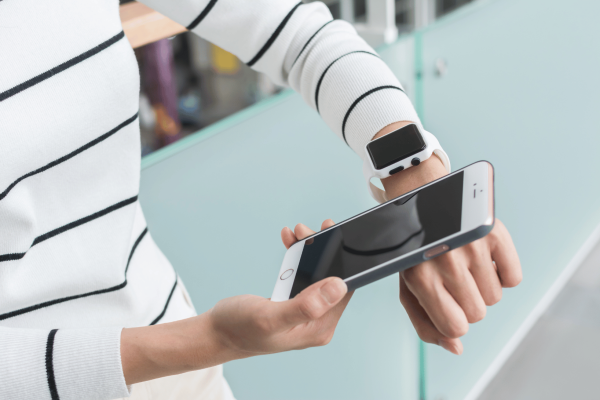Clinical registries are a critical part of the research continuum. The ability to collect information about specific populations of patients and store them in a centralized database is extremely useful for all phases of clinical research, and particularly so for post-approval monitoring. Unfortunately, filling these patient registries is very expensive. In some therapeutic areas, such as neurodegenerative conditions including Alzheimer’s and Parkinson’s disease, the cost of recruitment can exceed $100k per patient.
Is There a Better Way?
Traditionally, researchers have created patient registries by setting out to identify and recruit patients in the same way they would recruit for a clinical trial. This means launching a multi-channel recruitment campaign, likely including a mix of multimedia advertising designed to cast a wide net for potentially eligible patients. Just as in clinical trials, this approach inevitably brings in large numbers of interested patients who will not meet the eligibility criteria. Vetting and disqualifying these patients is time-consuming and costly, not to mention costs and times associated with shepherding eligible patients through later enrollment steps. Not only is this approach expensive, it can also delay the launch of the registry.
If We Build It, They Will Come
Today, people are extremely familiar and comfortable using the internet – from home or work computers or via their smartphones and tablets – to get information about anything and everything. In terms of healthcare, who isn’t guilty of flocking to Google or WebMD to try and diagnose themselves? Those already diagnosed with specific illnesses or conditions are extremely active online, both in seeking out advice or sharing information with others in similar situations. Many of these patients are proactive in seeking out information about their conditions, yet the research industry’s approach to recruiting patients seems to still work on the assumption that these patients need to be found and informed. What if we put the information out there to find?
Making Public Health Public – COVID-19
As an experiment, Crucial Data Solutions used its TrialKit clinical trial data platform to create a patient registry for patients with COVID-19 or who had previously been diagnosed with COVID-19. Once we created the registry, we made it public – available to find online by anyone. Those that found it could easily begin the registration process. We built in some screening questions – similar to any other patient registry or trial recruitment initiative – in order to qualify the patients’ eligibility and we anonymized all patient data.
Quickly, and with zero concerted effort to promote the registry, we had 50 confirmed registrants who were already producing interesting data about antibody levels, long-term symptoms, and more.
Don’t Stop Here
Creating this registry was both fast and simple. We spent zero dollars recruiting and soon had 50 registrants. Older recruitment approaches would have spent hundreds of thousands of dollars to register this number.
Now imagine if we had launched a much less expensive, targeted marketing plan around simply raising awareness of the registry. The potential to, relatively cheaply, generate hundreds of registered anonymized patients is limitless.
Shifting from a hunting approach to just making patients aware of registry opportunities holds the power to allow sponsors to grow deep and insightful data registries quickly. This data can lead to the launch of full clinical trials or can serve as a source pool for patient populations in future studies.
Sponsors seeking to create closed patient registries can still use a solution like TrialKit to help reduce costs and time, even if they aren’t ready to go public. Targeted approaches can help identify potentially eligible patients and make these communities aware of the registry and how to access it. Even without casting the widest net possible, empowered patients will seek out any information related to their conditions and are highly likely to find even closed registries.
How to Get Started
Our TrialKit platform makes creating public or closed patient registries easy. Contact us today and we can help you start generating registry data quickly and cost-effectively.




